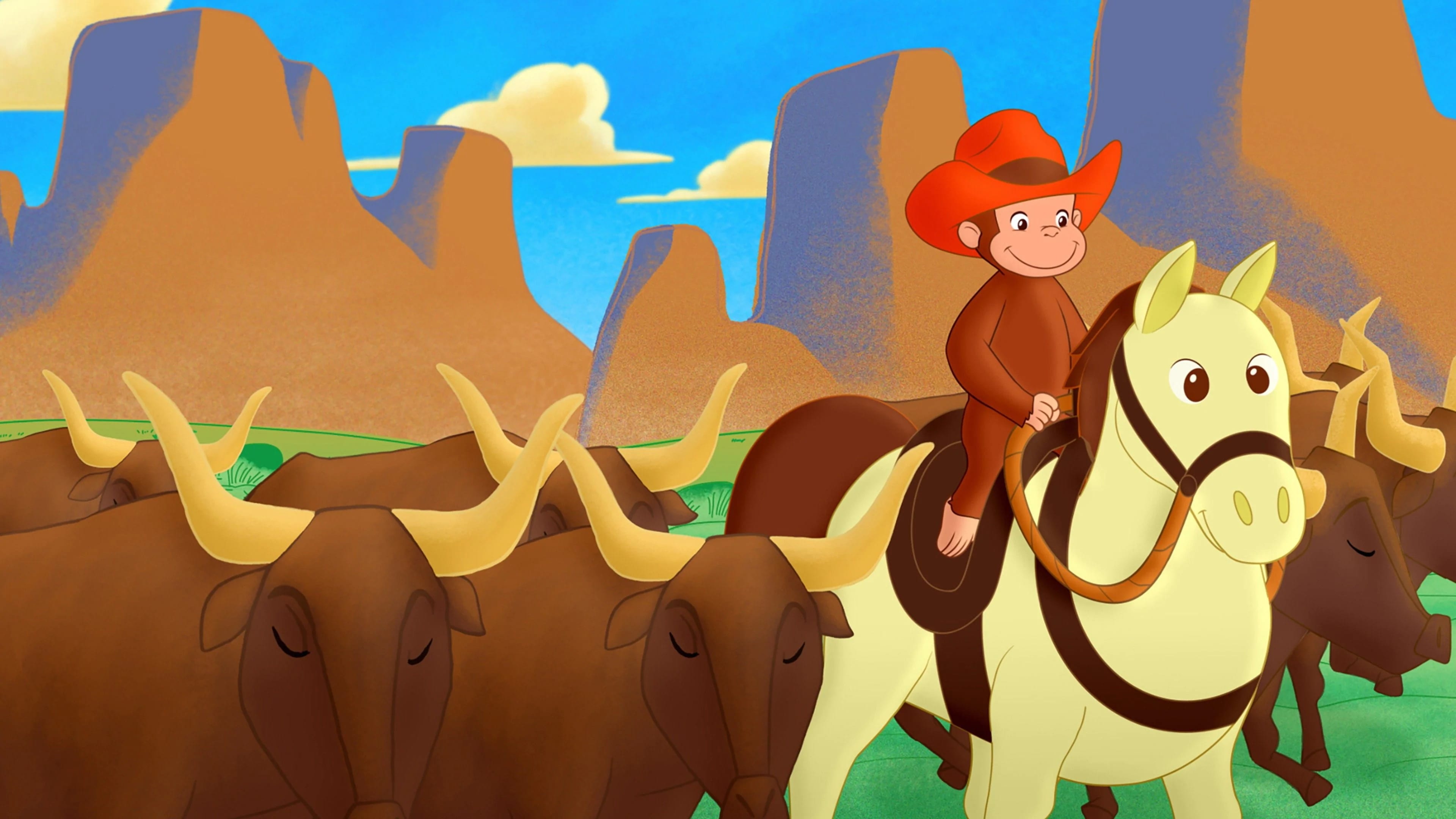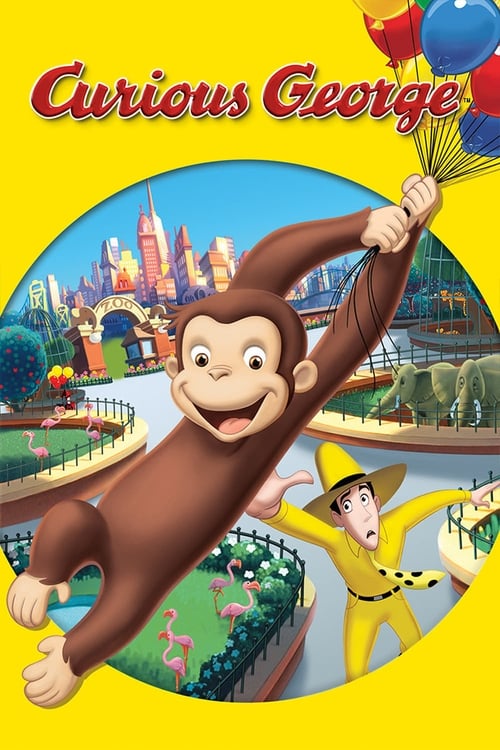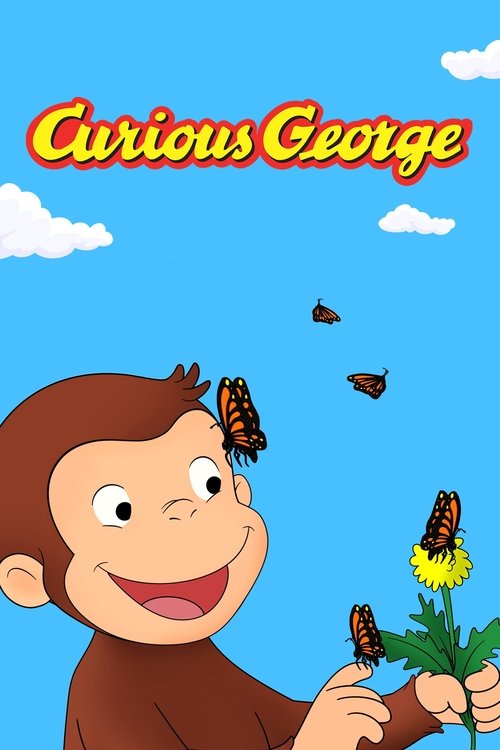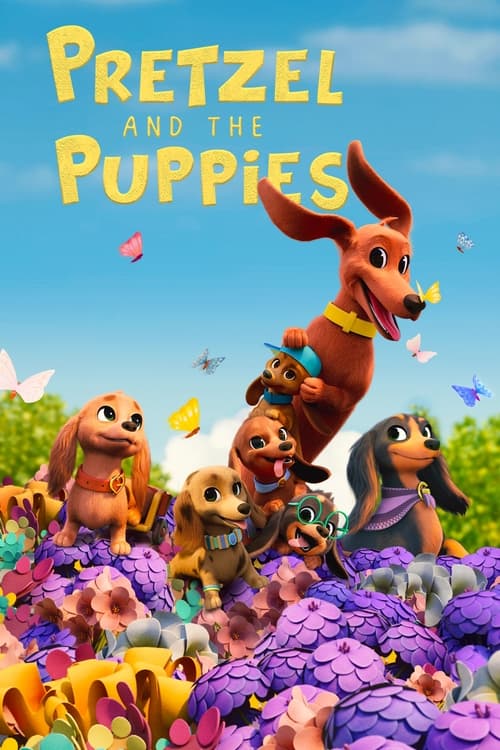Margret Rey
From Wikipedia, the free encyclopedia
Margret Elizabeth Rey (May 10, 1906 – December 21, 1996), born Margarete Elisabeth Waldstein, was (with her husband H. A. Rey), the co-author and illustrator of children's books, the most famous of which are the Curious George series.
Margarete Waldstein was born in Hamburg in 1906; her father was a member of the Reichstag. She studied art at Bauhaus in Dessau, Kunstakademie Düsseldorf, and the University of Munich, and afterwards worked in advertising. In 1935, she left Germany for Rio de Janeiro, Brazil to escape Nazism. While there, she met her future husband Hans (who was a salesman and also from Hamburg). They married in 1935 and moved to Paris, France, in 1936. [2]
While in Paris, Hans's animal drawings came to the attention of French publisher, who commissioned him to write a children's book. The result, Cecily G. and the Nine Monkeys, is little remembered today, but one of its characters, an adorably impish monkey named Curious George, was such a success that the couple considered writing a book just about him. Their work was interrupted with the outbreak of World War II. As Jews, the Reys decided to flee Paris before the Nazis seized the city. Hans built two bicycles, and they fled Paris just a few hours before it fell. Among the meager possessions they brought with them was the illustrated manuscript of Curious George.
The Reys' odyssey brought them to the Spanish border, where they bought train tickets to Lisbon. From there they returned to Brazil, where they had met five years earlier, but this time they continued to New York, New York, USA. The books were published by Houghton Mifflin in 1941, though certain changes had to be introduced because of the technology of the time. Hans and Margret originally planned to use watercolors to illustrate the books, but since they were responsible for the color separation, he changed these to the cartoon-like images that continue to feature in each of the books. (A collector's edition with the original watercolors was released in 1998.)[3]
Curious George was an instant success, and the Reys were commissioned to write more adventures of the mischievous monkey and his friend, the Man with the Yellow Hat. They wrote seven stories in all, with Hans mainly doing the illustrations and Margret working mostly on the stories, though they both admitted to sharing the work and cooperating fully in every stage of development. At first, however, Margret's name was left off the cover, ostensibly because there was a glut of women already writing children's fiction. In later editions, this was corrected, and Margret now receives full credit for her role in developing the stories.
Margret and her husband moved to Cambridge, Massachusetts in 1963, in a house close to Harvard Square. Following her husband's death in 1977, Margret continued writing, and in 1979, became a Professor of Creative Writing at Brandeis University in Waltham, Massachusetts. Starting in 1980, she also began to collaborate with Alan Shalleck on a series of short films featuring Curious George and more than two dozen additional books.
In 1989 Margret Rey established the Curious George Foundation to help creative children and prevent cruelty to animals. In 1996, she made major donations to the Boston Public Library and Beth Israel Deaconess Medical Center. She was also a long-time supporter of the Longy School of Music.
Dr. Lena Y. de Grummond, a professor in the field of library science (specializing in children's literature) at The University of Southern Mississippi in Hattiesburg, Miss. contacted the Reys in 1966 about the university's new children's literature collection. H.A. and Margret made a donation of a pair of sketches at the time. In 1996, after Margret's death, it was revealed in her will that the entire literary estate of the Reys were to be donated to the de Grummond Children's Literature Collection at Southern Miss.
Description above from the Wikipedia article Margret Rey, licensed under CC-BY-SA, full list of contributors on Wikipedia.




